
HULU and NetFlix get into an ethics feud over the biggest corporate ethical fiasco in recent years.
It was just under two years ago when much of the world sat back and witnessed in real time the implosion of a huge millennial concert event. The German term “schadenfreude” is one most have become familiar with these days, but it is very rare when we see it happen on such a global scale. The disaster that befell Fyre Fest was relished by tens of millions on social media as it happened.
Netflix, after significant promotion, began on Friday the 18th showing the documentary “Fyre”, that details the actions behind the doomed music event. However to the surprise of many competing streaming service HULU on Monday the 14th released its own full length documentary about the catastrophe, “Fyre Fraud”. That there is a bit of hucksterism and calls of questionable tactics by each side is only fitting for the subject matter.
If you are unfamiliar with what Fyre Fest was, or became, here is the primer. To promote the rollout of a new musical booking app a company had planned a massive music festival in the Bahamas, with numerous named acts, that would take place over the span of two weekends. Widely popular online personalities were recruited to promote the event, and supermodels were flown to the island to shoot footage and sell the dream. And very expensive travel packages.
This was a concoction of a young entrepreneur named Billy McFarland, and his business partner, rapper Ja Rule. together their company was hoping to launch its new entertainment app, called Fyre. This was to be a new approach to booking top-line talent for events. Say you were a corporation and wanted a musical act to perform at a private business affair, you could turn to Fyre and get methods of securing a gig.
Those involved were overextended and under experienced in putting on a show of this magnitude. It imploded into a disastrous affair where no concert took place, and thousands were defrauded when they arrived at a barely prepared location lacking basic amenities. Since most of those involved were online “influencers” the disaster played out across numerous social media platforms, and the world sat back and marveled at the disaster taking place.
While both documentaries cover the story from start to finish they take different approaches. “Fyre” covers a more straightforward storyline of the event, from inception to implosion. “Fyre Fraud” approaches it more from the standpoint of Billy McFarland, including an actual interview with the deposed corporate head discussing the events directly. Both docs feature footage of the events, and even share some content and interview subjects.
Both are awash in astounding content as to how this whole concept disintegrated. There are numerous reasons how this flamed out so spectacularly, primary being that McFarland is a high-stakes fraudster. He brags on camera of how he began professional hustles in the second grade. He built his wealth and companies on the millennial desire of FOMO (Fear Of Missing Out) and created what was to be an irresistible cultural happening. The unreality of it actually taking place was eclipsed by the concept of many customers feeling the desire to be included in such a relevant event. Not going was an unacceptable result.
The largest problem was the desire by those involved to stage this concert festival in a matter of months. As some on site organizers and logistic people state on camera, a festival of that size needed at least twelve months to be planned and prepared, probably more so due to inexperience. Things were compounded by targeting a remote island in the Caribbean with no infrastructure in place.
The coinciding releases have both HULU and Netflix delivering some side-eye at each other over the competing titles. Late in “Fyre Fraud” a worker from the social media agency that was promoting the festival notes that his former employers (Jerry Inc., known as Fuckjerry while working on behalf of Fyre) are actually co-producers on the Netflix film. In return Netflix players contend that HULU paid Billy McFarland $100,000 for his appearance, and some of the intimate footage they obtained.
In either case — or both — you will have plenty of raw content to behold and be impressed by. The sheer influence of these online “influencers” and the marketing power they hold is jarring. At one stage we learn Fyre paid Kendall Jenner $250,000 for her to post a single Instagram page with a reference to the Fyre Festival. Within 2 days of that post 90% of their tickets were said to be sold.
It is a remarkable chronicle of how modern social media works and can be worked. One dramatic moment came as everyone was scrambling to save things, and the tweets and posts from the island began to seep onto social media. As one producer noted they built the entire festival up on months of cagey marketing and supermodel model pictures, and they were all undone by a single tweet showing a pic of people being fed a cheese slice on some toast.


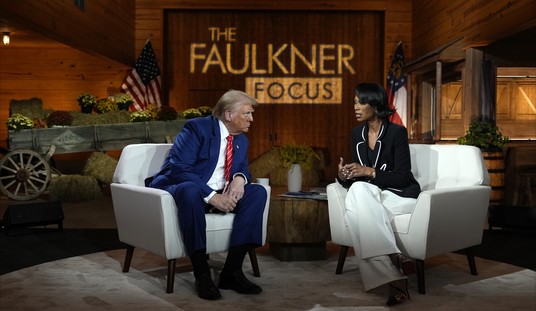
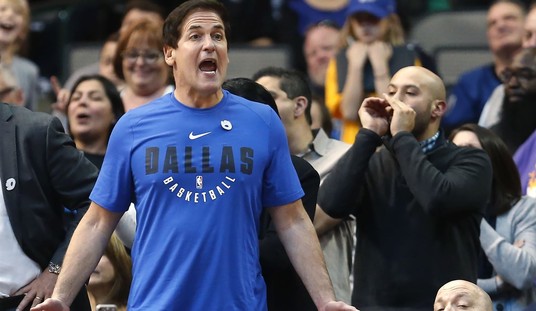

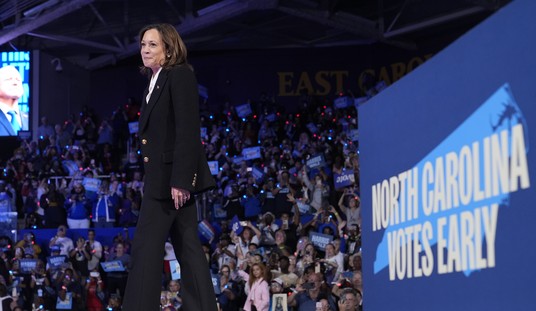
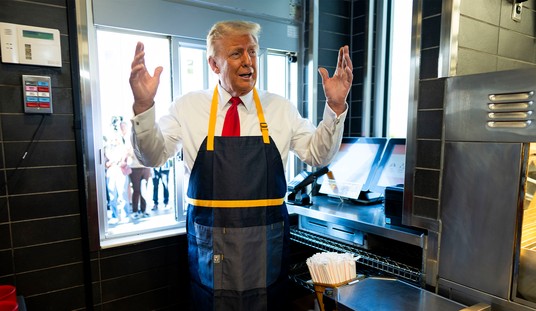
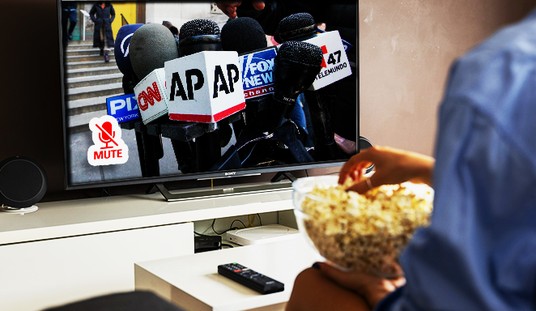



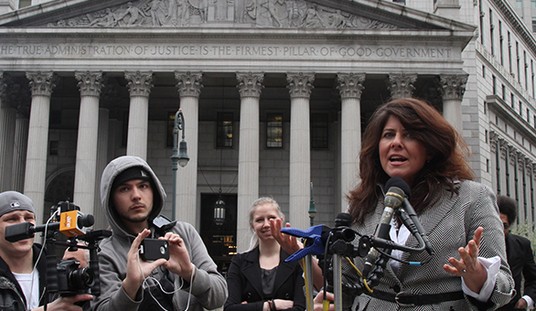
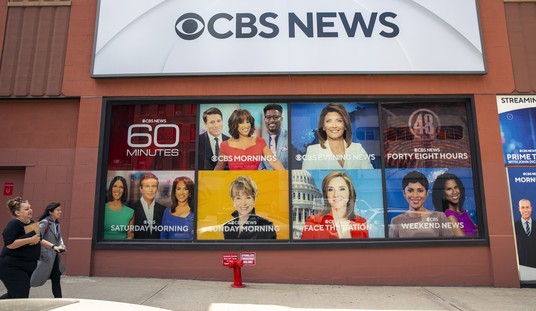
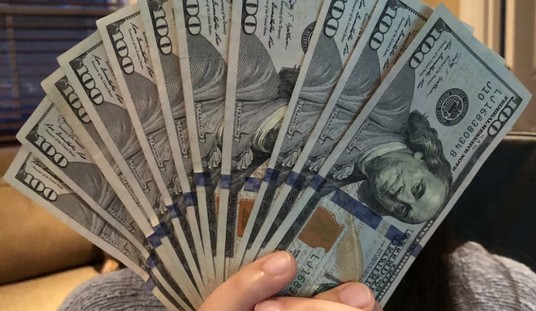

Join the conversation as a VIP Member